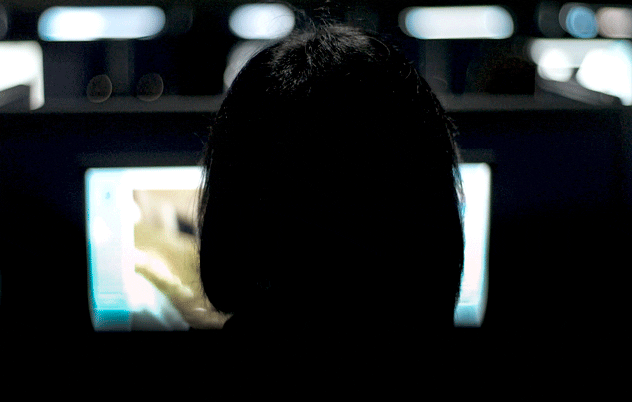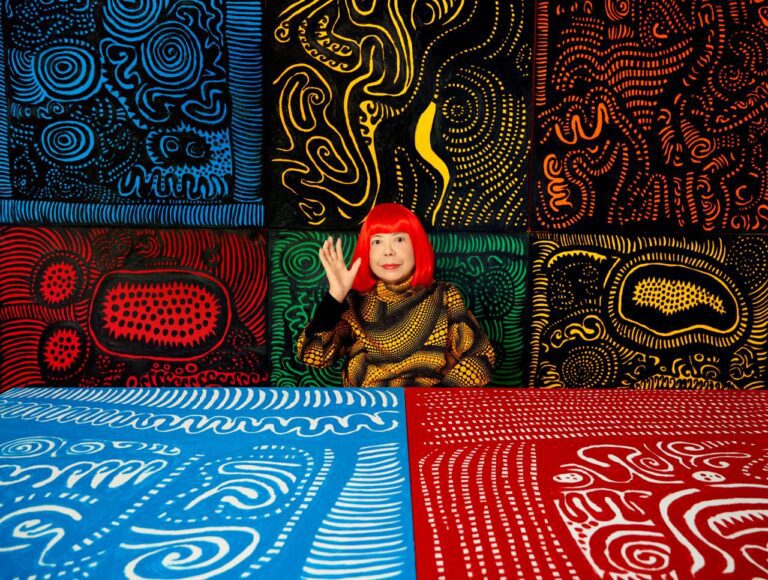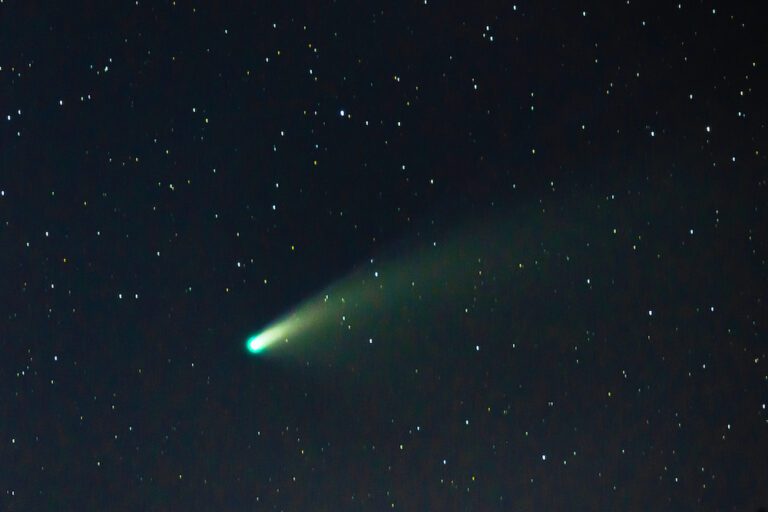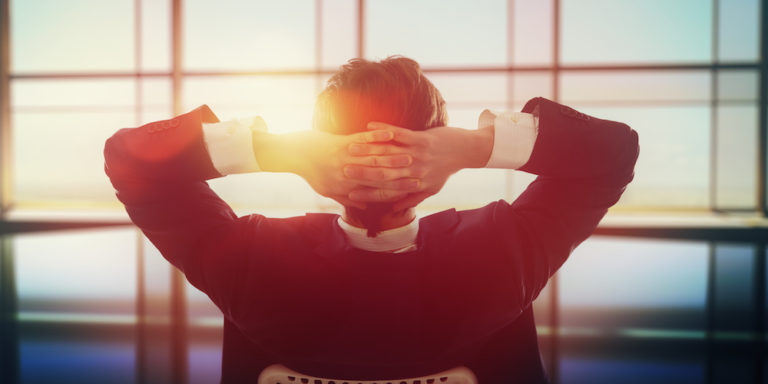Think of this scenario: you’re lying in bed at night, scrolling through your Facebook feed, liking your daughter’s latest set of selfies taken on some remote island in the Philippines. Her envy-worthy images will be seen by hundreds – if not thousands – of people across the globe. But while she’s having fun, just a few hundred kilometres away, teams of “digital scavengers” sit in a Manila high-rise, filtering out the millions of grotesque and horrific images, videos and fake news stories that would ruin your evening Facebook binge – were you ever to see them.
Your scrolling pleasure comes at a price. On the one hand, it’s a hefty emotional one considering the psychological wellbeing of these content ‘cleaners’ who can’t un-see the videos of rape, images of violence and words of hate – all for a few dollars an hour. On the other hand, there’s the gate- keeping effects that corporations and even political ideologies have on our access to content that is not considered mainstream.
This is the subject of a new English-language documentary, The Cleaners, by first-time German directors Hans Block and Moritz Riesewieck, who have been working together since 2007 on theatre performances and social media productions.
The Hollywood Reporter called their debut film “an important documentary that invites viewers to think more deeply and broadly about what does and doesn’t appear in their feed-dominated media diet”.
Within the world of the ‘cleaners’, a post is either accepted (“ignore”) or removed (“delete”) every few seconds. In cases of doubt, it’s often a gut decision. “‘Don’t overthink’ is one of the first rules every content moderator learns,” explains Block.
“We wanted to get in contact with these workers, because for us this is interesting work on several levels. We envisioned this job as extremely stressful for the young people who determine what can be seen in our digital world and what can not,” says Block.
However, Moritz says gaining access to these social gatekeepers was quite a challenge, given the “very secretive and hidden nature of the industry”, and attempts by sites like Facebook, Google and YouTube to keep this work secret.
“Workers are never allowed to say that they work for the likes of Facebook. Whenever they are asked, they must say that they are working for the ‘Honeybadger Project’,” explains Moritz.
Determined to expose this ‘underweb’, the two directors, in collaboration with a network of locals on the ground in Manila, were however surprised at how proud many workers appeared to be of the job that they doing. “They told us: ‘Without us, social media would be a complete mess’,” Block says – adding that 90 per cent of people in the Philippines are strictly Catholic, and to sacrifice oneself for a good cause is part of the culture.
“However, many of them suffer silently from the impact the work has on their mental health,” adds Moritz. The two compare the symptoms that content moderators experience as a result of their daily work to that of the PTSD soldiers can suffer from the effects of war.
“Is it any wonder content moderators who see rape videos and other kinds of sexual violence for 8-10 hours a day are not interested in sex when they come home at the end of the day?” asks Block of the emotional scars these moderators face.
Contractually, it’s also forbidden for the young workers to talk about what they see and experience at work – even to their friends and families. “Psychologists from both Manila and Berlin told us that’s what makes the situation worse – if traumatised humans are not allowed to verbalise their horrible experiences,” says Moritz.
Almost 15 years after their invention, social networks have come to be both a powerful and a dangerous tool capable of dividing societies, excluding minorities and promoting genocide. “We want to bring into focus where societies are heading if we leave the responsibility for the digital public sphere to private companies that turn outrage and collective uproar into money, and don’t make genuine efforts against these developments. We want to show that it’s no coincidence that the political developments worldwide facilitate the elimination and exclusion of everything that ‘disturbs’, rather than deal with the underlying problems,” cautions Block.
Moritz adds that it’s not all doom and gloom. “We should not forget the potential of these networks. Facebook and others create new opportunities [where] people around the world can network, communicate and organise themselves across borders.” Social media is truly a wonderful thing, they stress, but it’s important for us to not just assume that what we see and hear is free from mediated hands.
So the next time you check out your social media feed, take a moment to consider not only what you’re seeing, but also what you’re not seeing – a web most of us will never experience.







